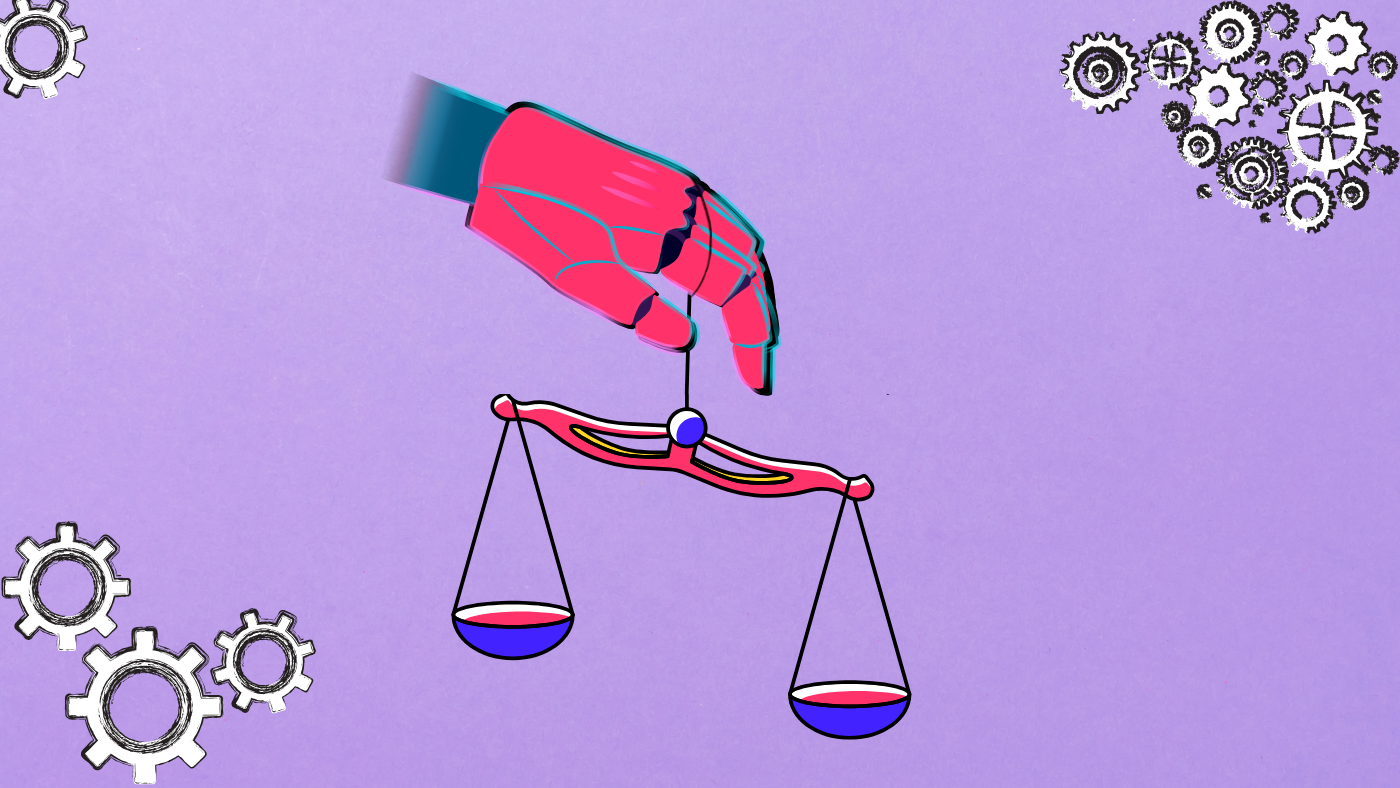Paris AI Action Summit 2025: A Blueprint for Responsible and Transparent AI
4 minutes
February 13, 2025

Paris recently hosted the Artificial Intelligence (AI) Action Summit on 6-11 February, 2025. The summit brought together participants from over 100 countries across all five continents, representing governments, international organizations, private enterprises, labor unions, civil society, academia, research institutions, and the cultural sector. The collective goal was to collaborate on advancing AI initiatives.
The summit emphasized a shared commitment to an approach grounded in disseminating scientific knowledge, shared solutions, and standardized practices. This commitment materialized in announcing more than a hundred concrete actions and commitments designed to promote trustworthy AI that is accessible to all. These initiatives centered around three primary objectives:
- Empowering Individuals in the AI Revolution: Ensuring that everyone has the means to understand and engage with AI developments.
- Promoting Sustainable AI Development: Encouraging the growth of AI technologies that are environmentally friendly and socially responsible.
- Enhancing International AI Governance: Strengthening the global framework to make AI governance more effective and inclusive.
A declaration from the summit's co-chairs, France and India, endorsed this strategy, receiving support from the United Nations. As AI continues to evolve rapidly, with its applications diversifying and usage expanding, all stakeholders must engage actively in shaping its trajectory.
The Paris Charter for artificial intelligence of general interest
During the Artificial Intelligence Action Summit in Paris, the "Paris Charter for an Artificial Intelligence of Public Interest" was unveiled on February 11, 2025. This charter emphasizes that the development, deployment, and governance of AI must center around the public interest and should aim to harness the benefits of emerging technologies, all while preventing and mitigating risks to people and the planet. It acknowledges that the definitions of 'public interest' vary across different populations, countries, and contexts, requiring multilateral public discourse and respect for equity and equality.
The charter also highlights the uneven distribution of technology’s benefits and drawbacks. While advantages often favor the more privileged, disadvantages disproportionately impact the less advantaged. In response, it reaffirms a commitment to ensuring that AI is used for the common good, bridging disparities, and promoting fairness in its applications.
To achieve these goals, partner countries have collectively agreed on the following guiding principles:
- Openness: Scientific progress, innovation, and competition thrive in an open environment. Today, the openness of AI is largely due to the decision of a few industry players to partially open their foundation models. However, to truly support the development of open AI models, a strong and sustainable ecosystem is essential—one that includes standardized frameworks, robust tools, and best practices.
- Accountability: Accountability must be a core principle at every stage of AI design, development, and deployment. Ensuring AI for the public good requires adherence to existing national and international legal frameworks, creating favorable conditions for research, independent oversight, and the inclusion of institutions and civil society in AI governance.
- Participation & Transparency: AI governance demands broad participation and transparency if done democratically. Hence, to ensure that AI serves the collective interests of all rather than a few, an open dialogue between governments, researchers, industry leaders, and the public is essential.
To drive these values into action, partner countries call for the establishment of a Global Initiative on AI for the Public Interest. This initiative will serve as a common platform for promoting responsible and inclusive AI development, ensuring that all benefits are extended to all segments, and preventing potential harms.
Pledge for a Trustworthy AI in the World of Work
Global leaders acknowledged the fast-paced development of AI technologies and their significant influence on many industries, including the workforce. To address this, they endorsed the Pledge for a Trustworthy AI in the World of Work, calling for human-centered AI development that promotes human rights, fundamental freedoms, and environmental sustainability.
This commitment reflects ongoing global efforts, including the upcoming OECD Recommendation for AI in the labor market and the G7 Action Plan, aiming to ensure that AI's integration into workplaces promotes social justice and equitable access to its benefits for all.
Other key commitments:
- Major AI Investment Commitment: A group of 20 leading corporations, technology firms, and startups together pledged to invest €150 billion in European AI development over the next five years, reinforcing Europe’s position as a global AI powerhouse.
- Public Interest AI Initiative: French President Emmanuel Macron introduced Current AI, a public-interest AI platform launched with an initial $400 million (€387 million) investment from the French government, philanthropic organizations, and industry leaders. The initiative aims to democratize AI by expanding access to datasets, funding open-source tools for greater transparency, and assessing AI’s social and environmental impact. France also proposed the creation of a global incubator for public-interest AI projects, promoting open-access solutions that prioritize societal well-being over commercial gains.
- AI in Defence: The summit also saw the announcement of a strategic defence AI partnership between Mistral AI, a French startup, and Helsing, a European defence technology company. The collaboration will focus on developing AI-powered defence systems. Additionally, Europe is expanding its AI infrastructure by establishing AI Gigafactories, equipped with advanced computing chips, to boost the continent’s computational capacity.
These key initiatives underscore Europe's commitment to responsible AI growth, balancing innovation with transparency, security, and public interest.
References:
SHARE THIS
Discover More Articles
Explore a curated collection of in-depth articles covering the latest advancements, insights, and trends in AI, MLOps, governance, and more. Stay informed with expert analyses, thought leadership, and actionable knowledge to drive innovation in your field.

Is Explainability critical for your AI solutions?
Schedule a demo with our team to understand how AryaXAI can make your mission-critical 'AI' acceptable and aligned with all your stakeholders.



















.png)

.png)
%20AryaXAI%20blog.png)


